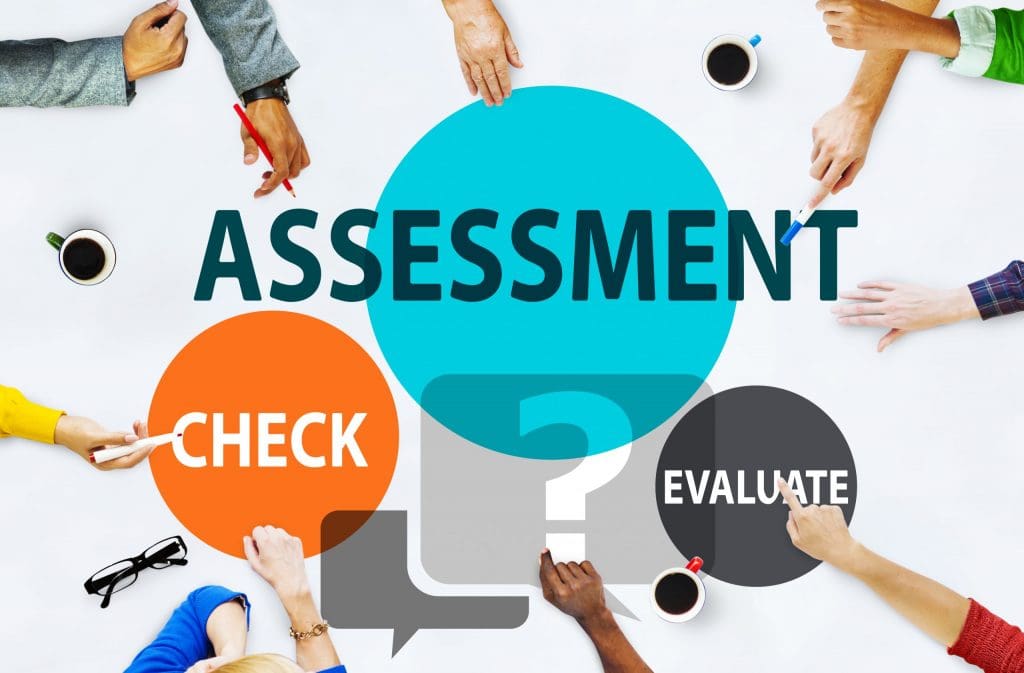By Ms. Gayathri Loganathan
Head of Primary School
Hiranandani Upscale School – Chennai

“Assessment is one of the most important tools in personalizing instruction, and one-to-one devices provide opportunities to enhance all forms of assessment. Many large-scale standardized assessments can now be taken with mobile devices, while summative assessments are frequently given online. When teachers and students work together, using mobile devices to conduct formative and benchmark assessments, they can use that information to set personalized goals and strategies, thus planning the most effective, adaptive learning programs”
By Peggy Grant, Personalized Learning: A Guide to Engaging Students with Technology
Assessment is a powerful tool. If used right, it can help any learner to move on the right path. The assessment enables us to meet the student’s needs when used in our daily instructional learning or inquiries.
Personalized assessment is needed, especially when we assess skills. These personalized assessments give a comparative study to the learner himself about his strengths and areas of improvement and not a comparison with someone’s help. Rubrics are the support tool that helps in personalizing the assessment. This also helps the learner to set his learning outcomes and goals and a path to reach. The assessments when used in the
If you believe in the saying “One size fits all” then the classroom will not have an environment or culture in building students but in just completion. When differentiation is followed in learning by learning strategies and learner needs, then the assessment has to be also a personalized one. The teacher’s role is very important in personalizing the tasks and assessments. It takes a lot of effort and time for a facilitator to guide these personalized assessments, but it is worth a diamond when you see the growth graph as a growing pointer.
The IB believes in this and we could see this practice vividly in an IB PYP classroom. The learner agency has three major parts of voice, choice and ownership – when this is practiced in a classroom the learners make a choice of what they have to learn and a set of formative (ongoing) assessments becomes a part and parcel of the classroom. Majorly these formatives are focused on self-assessment and reflection. This gives growth for a personalized assessment in the classroom. The continuous process of self-reflection to attain his own goal benefits the learner to attain the needed skill and also builds self-confidence. However, moving forward in grades when a basic set of concepts and skills had to be acquired by the learner then the personalized assessment limits its scope and changes to a personalized classroom or set of students’ needs.
Thus, personalized assessment result becomes the identity of the learner who is Independent in thinking and a great inquirer.


